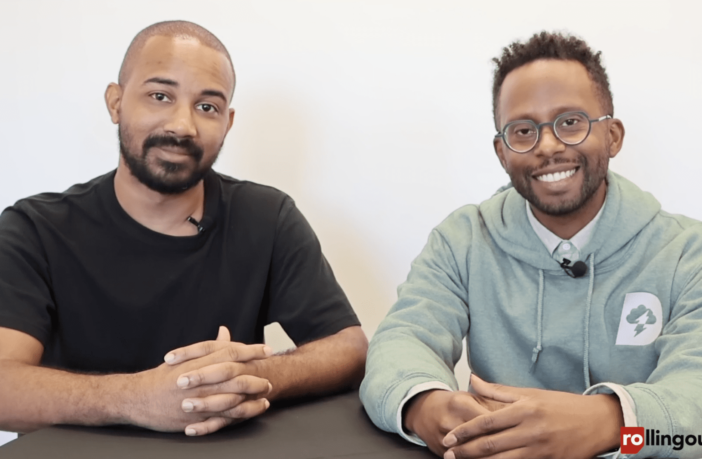Devland Studio has been known to support and invest in the rising population of creators, small business builders, researchers, and startup innovators. With the phrase “wildly underestimated,” Devland helps people know they are gifted, unfairly talented, and often overlooked.
Miles Dotson and Devon Fanfair, partners of Devland, spoke with rolling out about how they became funders, how they raised money as founders, and tips for investors.
How did you both become funders?
Miles Dotson: Part of our story of becoming funders was originally being founders and having to navigate the journey of keeping your business in motion, avoiding being in limbo, and taking advantage of what it means to grow the opportunity forward.
How were you all able to raise money as founders?
Devon Fanfair: As founders, we were able to raise money in ways that [were]unexpected of us, and when we went on that journey, we realized that while there are investors all around us, you’re just not aware [of them]until you begin to continuously tell your story. The reality is, there aren’t any institutions. We did this seven years ago, to [the point]where, you know, once you get past the angel stage, and you’re going more to the institutional investment that can launch your business, there weren’t many that looked like us. In reality, there [were]10 out of 450, and those funds were extremely small and didn’t provide the opportunity to continue through the entire lifecycle of starting a business and then selling a business. When we got to that point, it was a big “aha” moment, where we realized that brilliant founders who look like us are going to be continuously growing, but are they going to have the support and infrastructure to benefit from their brilliance throughout the lifecycle of a venture?
How would you describe your organization?
MD: In the past, we’ve used a lot of industry terms to describe our organization, like venture fund, startup studio, or program for emerging entrepreneurs, but now we think in terms of harvesting human potential. Our lens is around the human skills and capabilities, methods, and intentional behaviors that allow for opportunities to see success. When we’re evaluating people to work within the current context, we’re thinking about [whether]this person possesses the skills, the endurance, the overall passion to stay with the journey into the future, and then make it through some of the more tumultuous times that face entrepreneurs as they go through the process of going from nothing to a business that may have employees and revenue and opportunity for investment.



